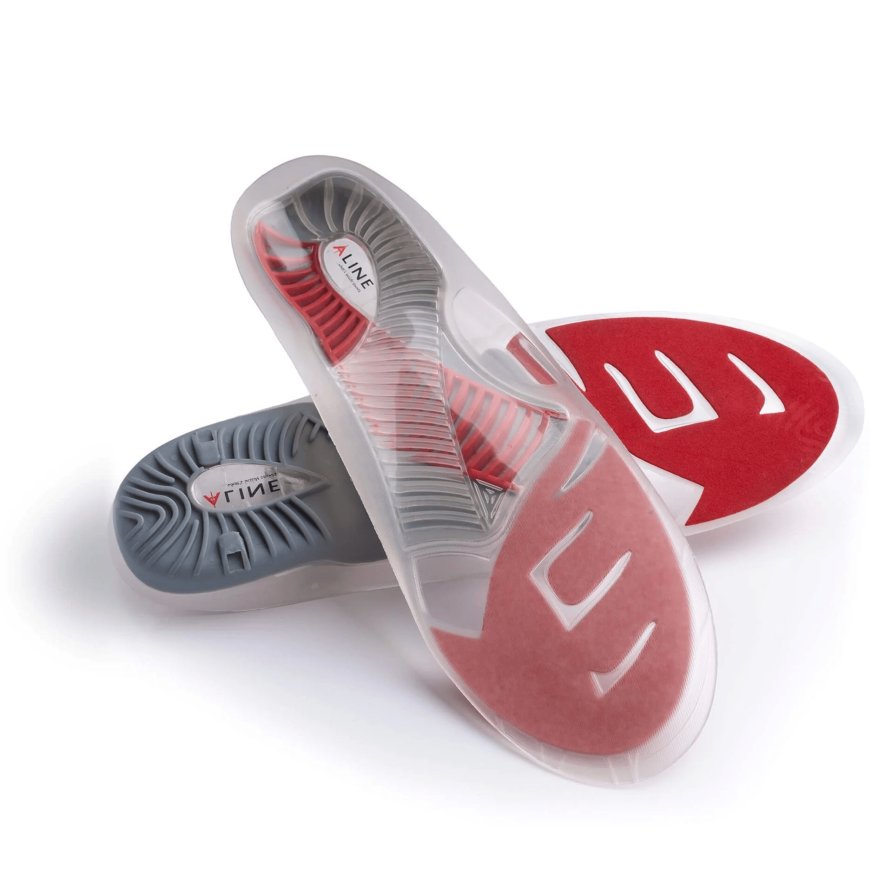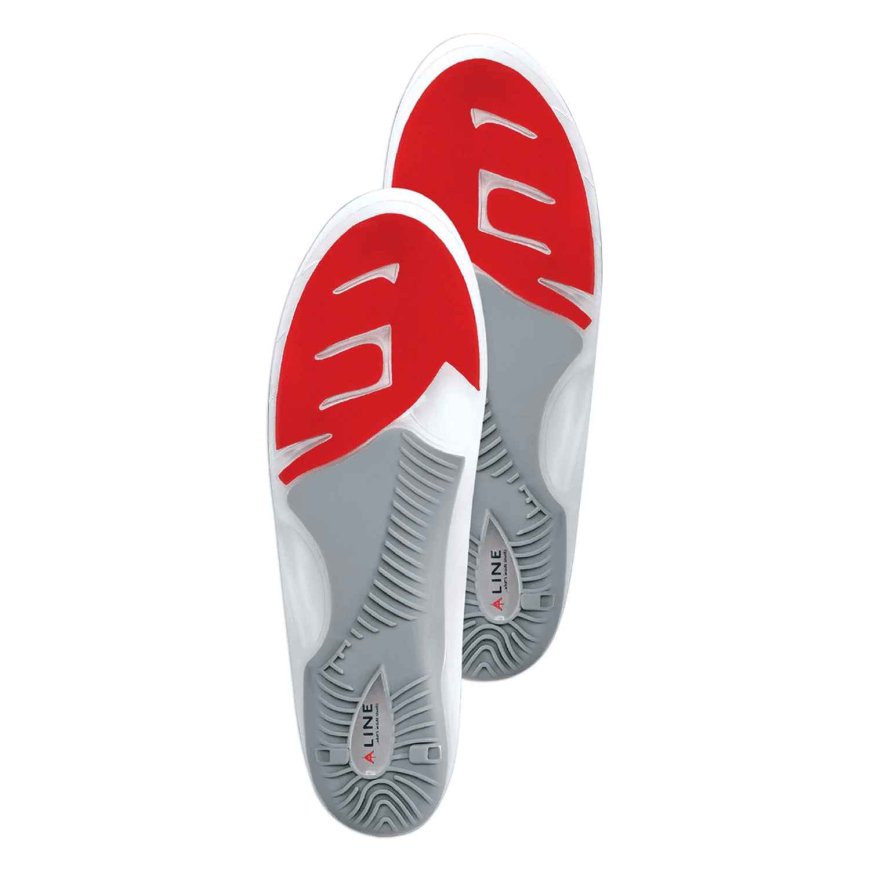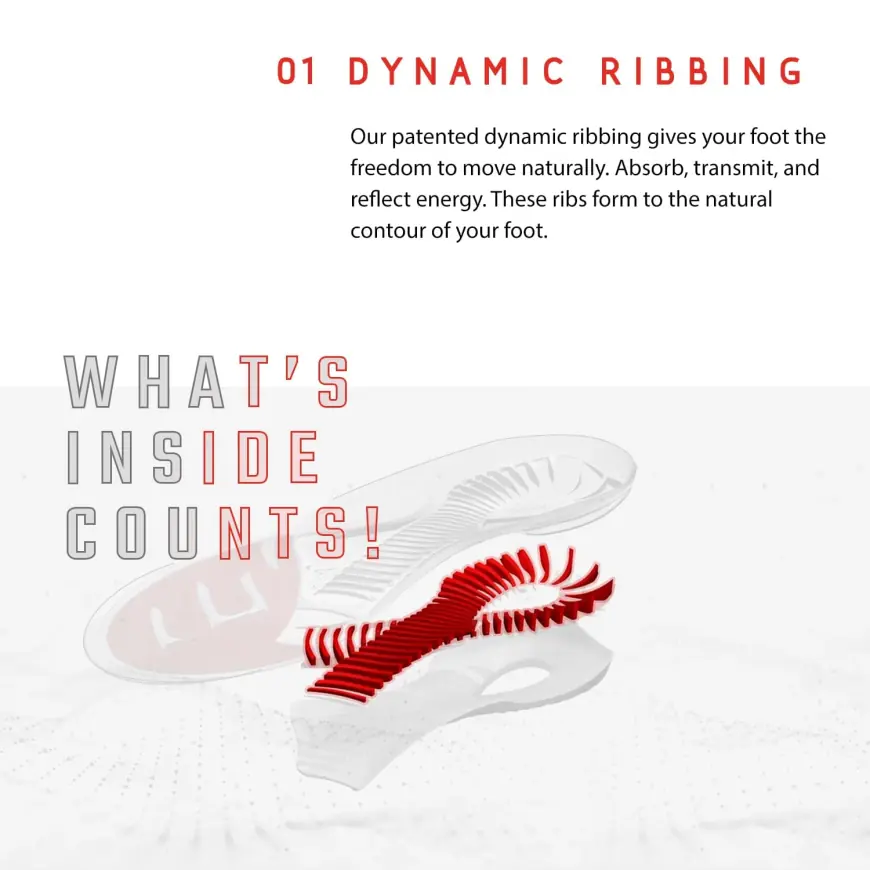How to Choose the Right Orthotic Insoles for Your Shoes

Orthotic insoles can transform the comfort and functionality of your shoes, whether for daily wear, sports, or specific foot issues. However, finding the right pair requires a thorough understanding of your needs, foot structure, and the type of shoes you wear. This guide will help you navigate the selection process to ensure you choose orthotic insoles that enhance support, alleviate discomfort, and improve overall foot health.
Understand Your Foot Type
The first step to choosing orthotic insoles is identifying your foot type. Flat feet, high arches, or neutral arches require different levels of support and cushioning. Knowing your foot type will guide you toward insoles designed specifically for your unique structure, ensuring maximum comfort and efficiency.
Assess Your Specific Needs
Different lifestyles and activities demand different types of support. For instance, athletes may need insoles for shock absorption, while someone with plantar fasciitis requires extra arch support. Work boot insoles are specifically designed for durability and support during long hours of standing or walking.
Match Insoles with Your Shoes
Orthotic insoles come in various styles to fit different shoe types, from casual sneakers to dress shoes. It's essential to ensure the insoles you choose are compatible with the shoes you intend to wear them with. This alignment enhances fit and functionality.

Look for Proper Arch Support
Arch support is a crucial element in orthotic insoles. It helps distribute pressure evenly across your feet, preventing discomfort and injuries. Choose insoles that match the contours of your arches to provide the most effective support.
Consider Cushioning and Material
The material of the insole significantly impacts its comfort and performance. Gel, foam, and leather options each have unique benefits. For example, gel insoles offer superior shock absorption, while foam provides cushioning ideal for prolonged standing.
Check for Size and Fit
Insoles come in full-length, three-quarter, and other size variations. It's important to choose an insole that fits well inside your shoe without altering its fit. Many insoles are also trimmable for a customized fit.
Focus on Durability
When investing in orthotic insoles, especially for demanding activities or heavy use, durability matters. High-quality insoles are built to last, providing consistent support and comfort over time. The best work boot insoles, for instance, are crafted to endure rugged conditions.
Look for Custom or Prefabricated Options
Custom orthotics are tailored to your specific foot needs, while prefabricated insoles are more affordable and accessible. Depending on your budget and requirements, either option could work well.
Address Common Foot Problems
If you suffer from specific issues like plantar fasciitis, bunions, or heel pain, choose insoles designed to target these problems. Specialized orthotics provide relief and promote healing.
Seek Recommendations and Reviews
Reading reviews and seeking advice from professionals or experienced users can help you make an informed decision. Honest feedback often highlights the pros and cons of different brands and types of insoles.

Test the Insoles
Many brands offer satisfaction guarantees or trial periods. Use this opportunity to test the insoles and ensure they meet your expectations in terms of comfort and support.
Maintain and Replace Regularly
Even the best insoles wear out over time. Regularly check for signs of wear and replace them as needed to maintain optimal support and comfort.
How Long Do Orthotic Insoles Last?
The lifespan of orthotic insoles varies depending on usage and material quality. On average, insoles last six months to a year, but heavy use or specific activities may require more frequent replacement.
Can Orthotic Insoles Help with Back Pain?
Yes, orthotic insoles can improve alignment and reduce pressure on your lower back. They are particularly beneficial if your back pain stems from foot-related issues.
Do I Need Insoles for All My Shoes?
It’s ideal to have insoles for the shoes you wear most often. Depending on your needs, you might benefit from having different insoles for work, casual wear, and sports activities.
By considering these factors and understanding your foot health, you can choose orthotic insoles that enhance comfort, alleviate pain, and support your lifestyle.

 mhamza
mhamza 










